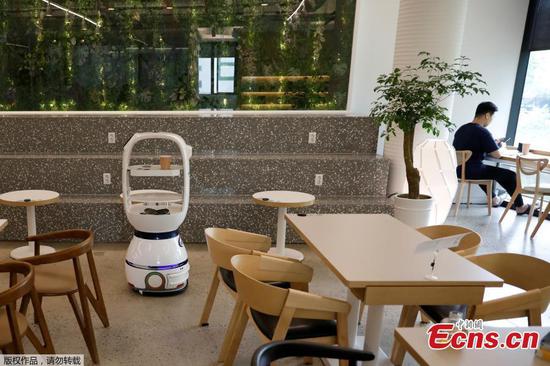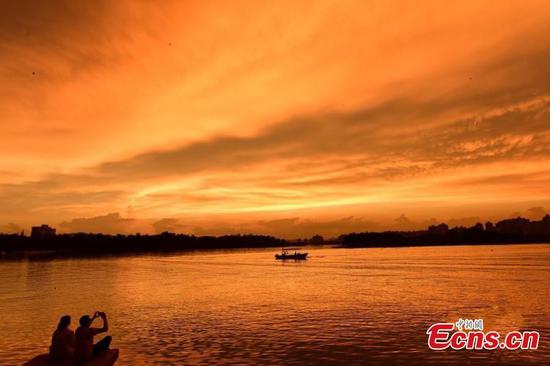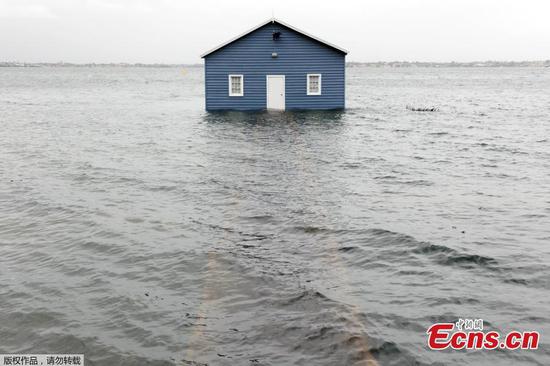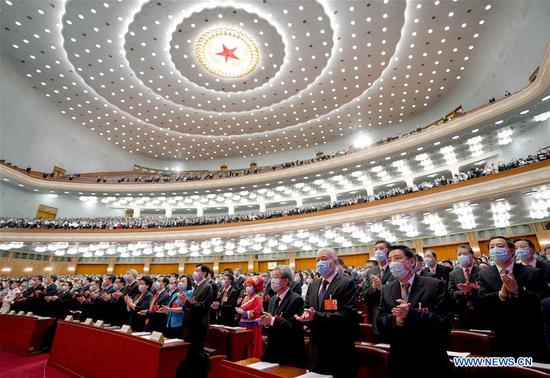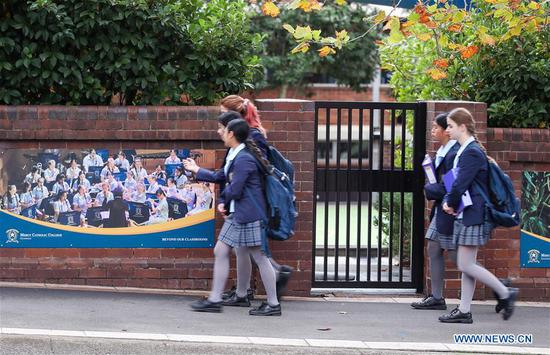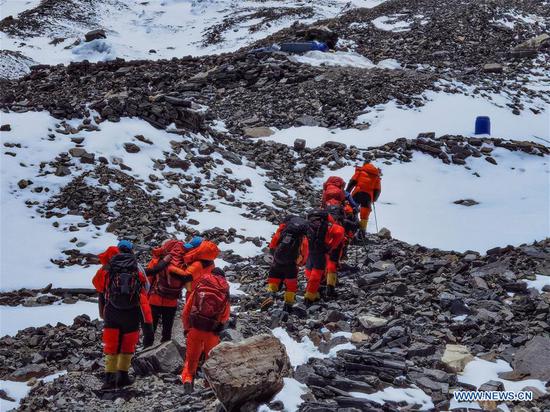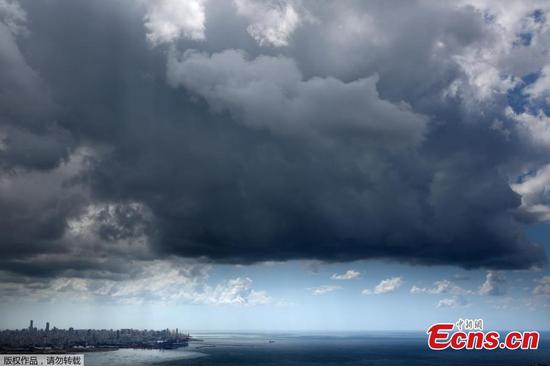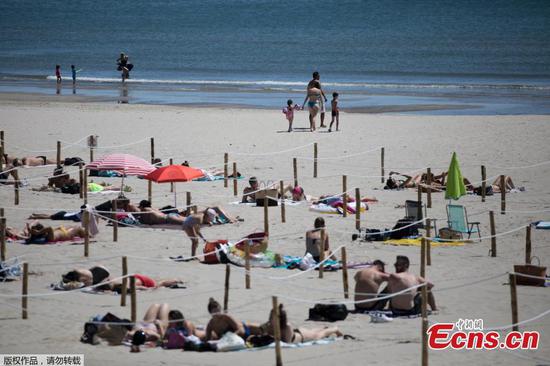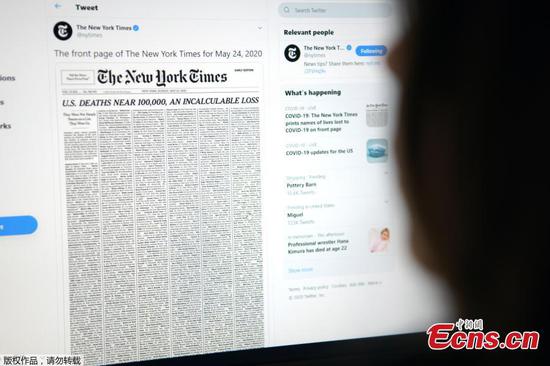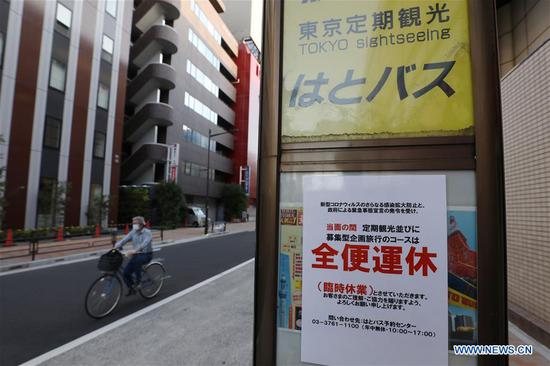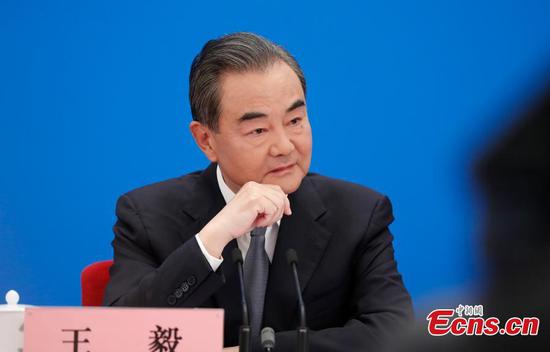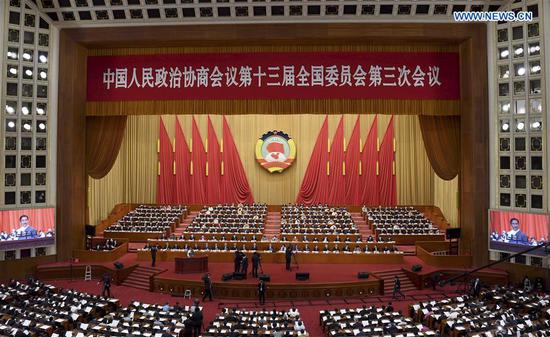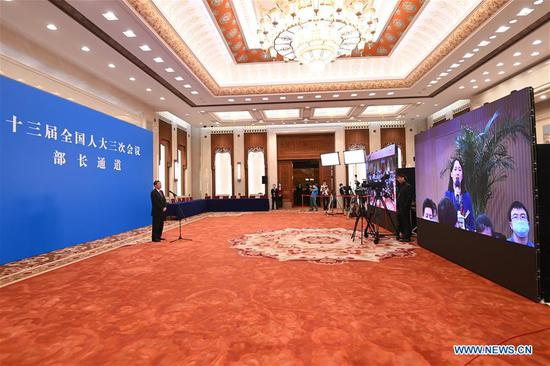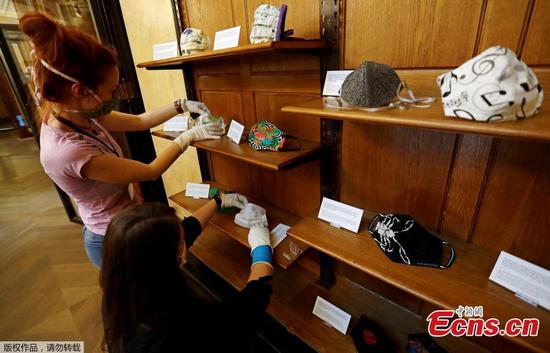The United States' threat to permanently cut funding to World Health Organization, or WHO, and reconsider its membership of the global body is the latest in a series of U.S. actions that has drawn criticism of the country's handling of the pandemic. And some experts fear the longer-term damage to international cooperation may extend beyond viral outbreaks.
In a four-page letter to WHO Director-General, Tedros Adhanom Ghebreyesus, the U.S. President Donald Trump accused the organization of consistently ignoring credible reports of the virus spreading in Wuhan in early December 2019 or even earlier, including reports from British medical journal The Lancet.
Responding to the letter, the medical journal said: "This statement is factually incorrect." It added that The Lancet published no report in December 2019 referring to a virus or outbreak in Wuhan or anywhere else in China.
"The allegations leveled against WHO in President (Donald) Trump's letter are serious and damaging to efforts to strengthen international cooperation to control this pandemic," the journal said.
"It is essential that any review of the global response is based on a factually accurate account of what took place in December and January."
In Brussels, the European Union has supported the WHO in the wake of the U.S.' renewed attacks.
"This is the time for solidarity. It is not the time for finger-pointing or undermining multilateral cooperation," said a spokeswoman for the European Commission.
Back in April, the U.S. has already announced that it will halt funding to the WHO.
The New York Times cited the attack on the WHO as the latest example of the president's attempt to shift the blame throughout the crisis.
Over the past months, some U.S. politician has repeatedly accused the news media, state governors, Democratic members of Congress and former president Barack Obama of being responsible for the number of cases having at one point overwhelmed the nation's hospitals, the newspaper said.
'Vital importance'
The Financial Times newspaper quoted Ronald Waldman, a public health professor at George Washington University who previously worked at the WHO, as saying the body was of "vital importance" to most countries and "should not be held responsible for the course of the pandemic in the U.S.".
"The U.S. citizenry may not immediately suffer from a decision to withdraw funding from the organization, but many people around the world who depend on WHO programs to develop and guide policies that protect their health and the health of their children will," he said.
The CNN network said that U.S. decision to withdraw funding from the WHO follows a pattern of skepticism of world organizations that began well before the coronavirus pandemic.
The Washington Post published an article on Thursday that was co-authored by G. John Ikenberry, the Albert G. Milbank professor of politics and international affairs at Princeton University, and Charles A. Kupchan, a professor of international affairs at Georgetown University and a senior fellow at the Council on Foreign Relations.
In the article, the academics said that whether the task is fighting disease, preventing war or battling climate change, the coronavirus should serve as an urgent wake-up call for a new era of international teamwork.










